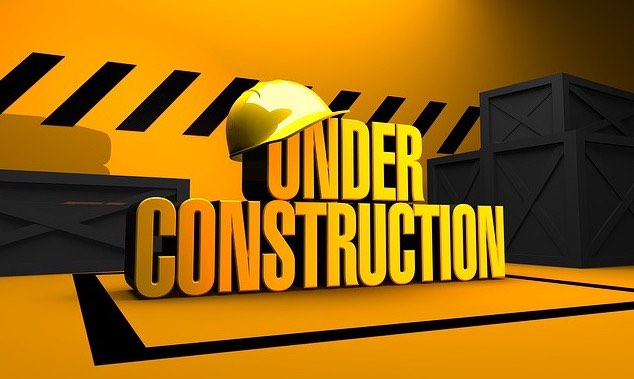 Your schedule needs barriers because otherwise, you’re giving people too much control your productive time. When that happens, you’re out of balance professionally and may feel like you’re always behind on your projects.
Your schedule needs barriers because otherwise, you’re giving people too much control your productive time. When that happens, you’re out of balance professionally and may feel like you’re always behind on your projects.
During my leadership and productivity presentations, I offer the audience a lot of actionable takeaways. At one point, I ask them to get in groups of two or three and spend a few minutes talking about a principle they could start using right away.
When I do a debrief, the response that comes up almost every time, is creating some barriers to protect your schedule. This tells me there’s a need and it’s an area that’s not discussed in school or as part of employee orientation.
Let’s go over what a barrier is and how you could start to use one:
Protected Time
Your schedule needs barriers because little interruptions can hurt your focus. By the end of the day, all of the little interruptions can add up to a lot of time. Every time your train of thought is derailed, you have to fight to reengage.
Don’t think about it as a rejection of your colleagues but rather an affirmation of your pursuit of goals. Here some examples of common barriers:
- Closing your door or putting up a sign at your cubicle that says you’re unavailable unless it’s an emergency.
- Blocking out a regular time on your schedule when you’ll focus on your major projects. Sometimes a meeting may require you to cancel this personal time but make sure it is rescheduled.
- Putting your phone on do not disturb and turning off email notifications.
- Moving to a quiet place, like an empty board room.
Our goal is to give you time to focus on important tasks and avoid signs of burnout, like staying late every day to catch up on your projects. You’re giving yourself time to do some mental construction work.
Start Small
It may feel uncomfortable to cut yourself off from the rest of the office. At first, you may feel like you’re missing out on important things.
I suggest starting small. Try one of the barriers for 15 or 20 minutes. Notice if you’re able to get more done and see if chaos broke out while you were offline. I don’t think anyone can be too upset about not being able to interrupt you for a short amount of time.
If things seem okay, then try extending the length of your barrier time.
Define Urgent and Important
Our society is more and more focused on instant gratification. But not every request requires an urgent and important response. A lot of things can wait until later.
Get together with your team and try to define what are things that demand an urgent interruption of your time. This way, if someone comes to your office with a request and the door is closed, they’ll know when it’s appropriate to bother you and when the communication can be saved for later.
Does Everyone’s Schedule Needs Barriers?
While this is a higher level project, should your organization block out times when people are just to perform their work and not interact with coworkers. Maybe this is something like the first and last 20 minutes of every day.
That time is blocked off and respected. I understand this may be a radical culture shift but it might also unlock the door to reduced employee stress and increased employee engagement.






